EVENTS

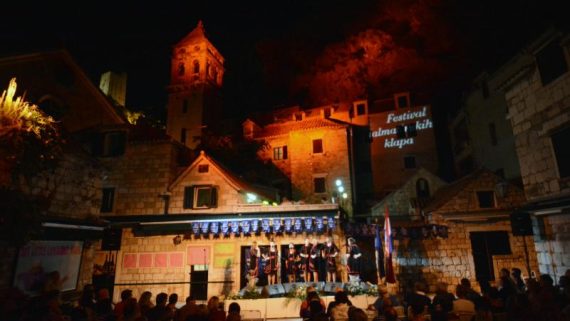
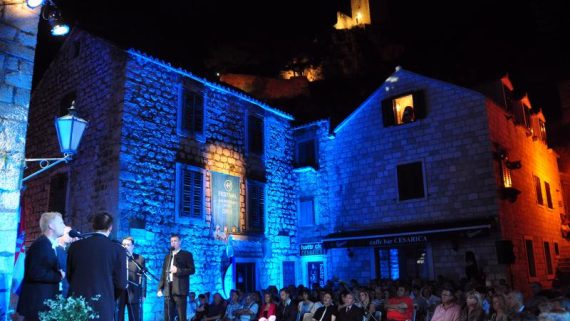
Klapa singing
Numerous tourists and Omiš-lovers will tell you that July is the month when you’ll see Omiš at its best and will be able to get the true spirit of the town. One of the most important reasons for this is by all means the famous Festival of the Dalmatian klapa , that during warm summer nights of July fills the squares and narrow alleyways of the old town with pleasant sounds of authentic Dalmatian klapa music (UNESCO heritage) , which remains the first thing many of its visitors remember when thinking of the town on the Cetina mouth.
The festival takes place annually ever since 1967 and has over the years become the central event in the world of klapa music. During the four summer weeks of the festival, Omiš is the world centre of amateur a capella singing, attracting a growing number of singers from all over the map each year – starting from South America, to Africa and Australia!
But although it is sung all over the world today, the origin of authentic klapa song is solely Dalmatian. It developed several hundreds of years ago from spontaneous gatherings of groups of friends, who ended their laughter- and wine-filled evenings with song. Over the decades, the klapa song grew more popular, klapa groups became more professional and the singers’ voices more polished. However, one key ingredient of true and authentic klapa song has remained the same throughout the centuries – it is never sung from the throat, but solely from one’s heart.
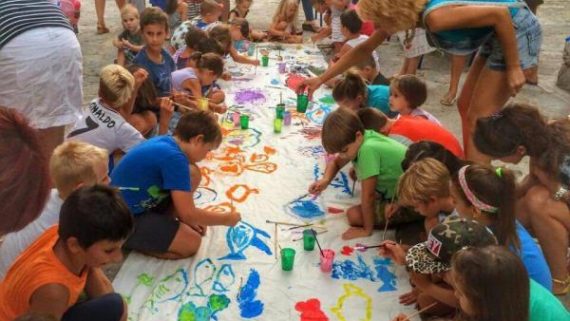

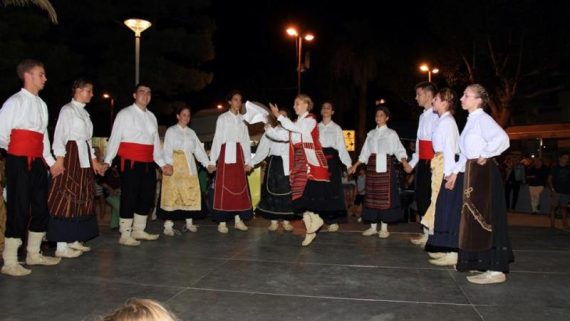
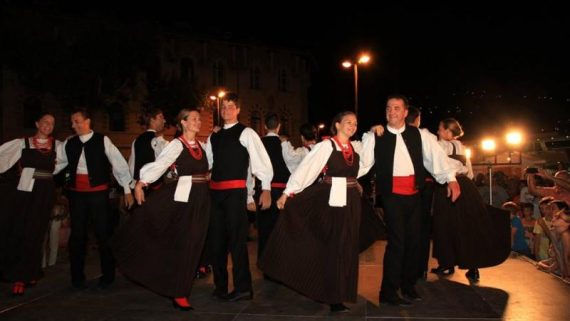
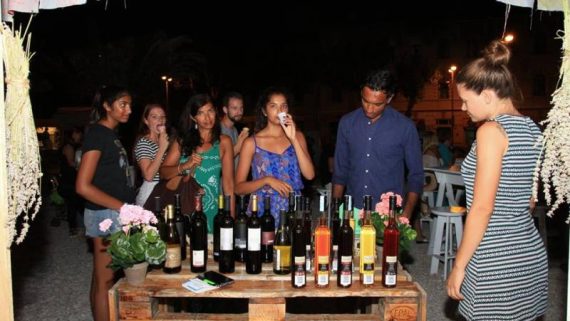
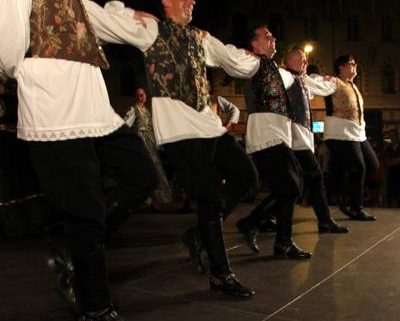


Omiš summer treat festival
Feel and Taste the Omiš Summer!
The Omiš Summer Treat Festival is a two-week public event organized by Omiš Tourist Board and FDK bringing together tourists, visitors, people from all over and the locals, giving you all a chance to meet each other in an amazing setting and relaxing atmosphere, have fun and enjoy some great food and music.
Omiš is not only a fantastic tourist destination but a very specific and welcoming Dalmatian town, with its own food culture, its authentic products and proud heritage. The OST FEST is a way to bring people together, introduce them to the local cuisine, products and culture and have everyone enjoy the summer nights by the Adriatic. Welcome!


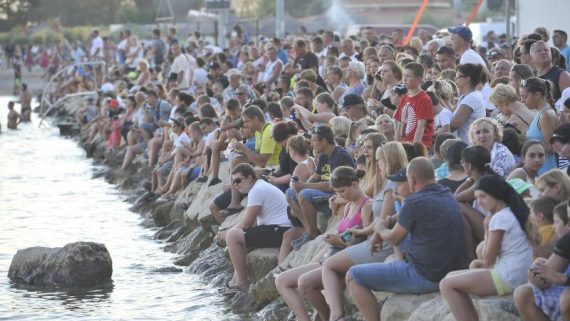

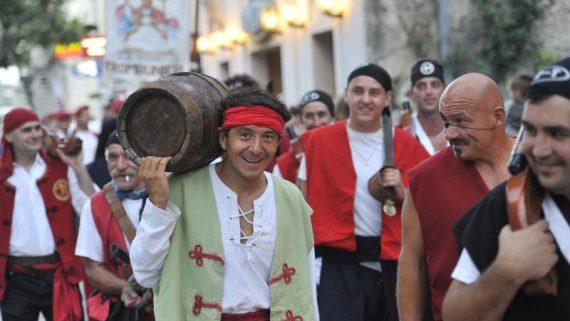







The Pirate Battle
All those spending more than a day in Omiš are likely to get at least a glimpse of the town’s glorious pirate history. But only the ones lucky enough to find themselves in Omiš in mid August will get a chance to experience first-hand what the everyday life of pirates looked like more than 600 years ago.
Oh, yes – every year on August 18th the port of Omiš becomes the venue of an actual – pirate battle! Well, OK – a reenactment of an actual pirate battle that originally took place in the 13th century, if you really want to split hairs about it ;-). But once you witness the clash of two huge sailboats only a few feet away from you, accompanied by the deafening roar of canons and flintlock pistols, you’re bound to believe you are truly in the midst of an actual sea duel.
But, no worries, however convincing the actors may be, this is nevertheless just a well-directed show. The only thing you really should worry about is having enough storage space on your camera to capture all the stunts, falls and sword duels between the pirates and their most hated enemies, the Venetians.
Over a period of just a few years, the Pirate Battle has become one of the high points of the town’s tourist offer, a true sea spectacle attracting more than 10,000 visitors to the Omiš port each year, which most of them leave completely thrilled. And how wouldn’t they? Swords, flintlock pistols, theatrical plunges into the sea and a clash of two huge sailboats. The Pirate Battle is a free Hollywood blockbuster taking place right before your eyes.
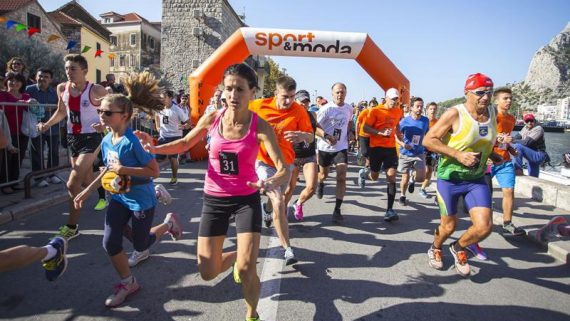
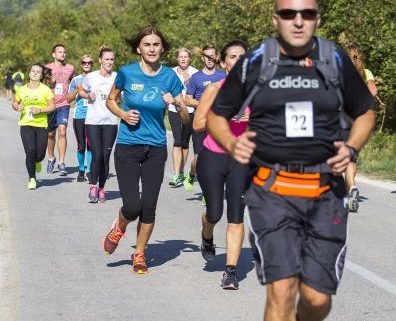
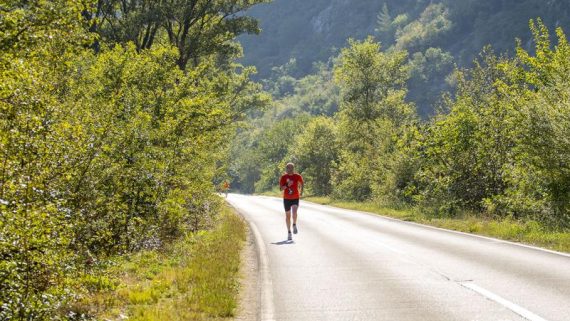
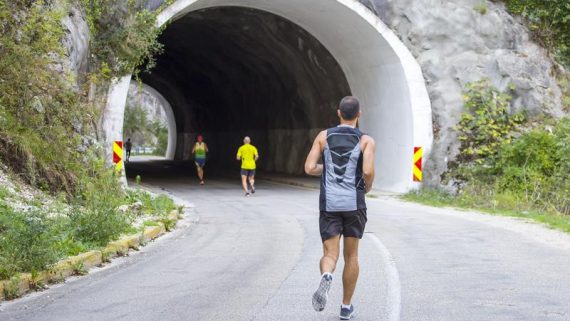
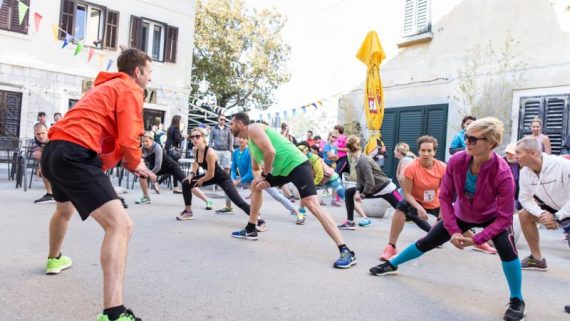
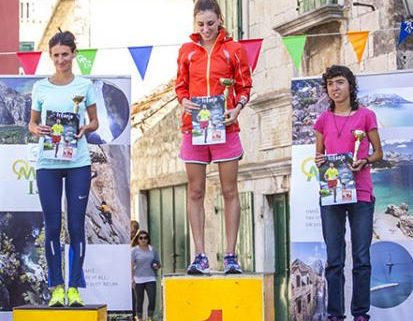
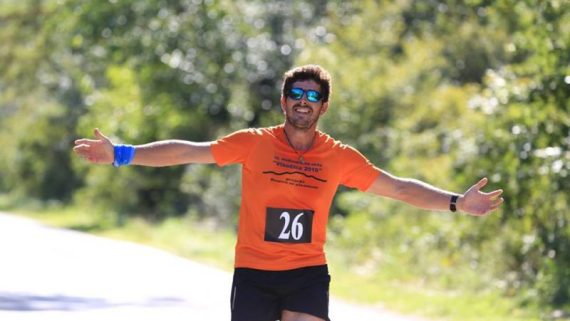
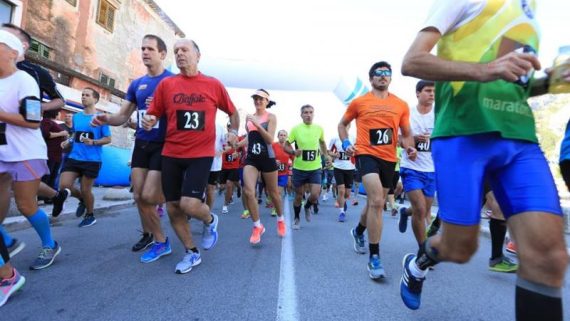
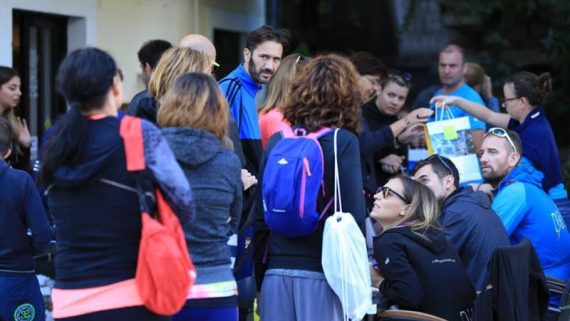
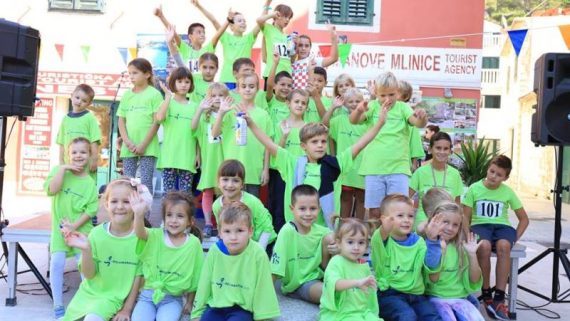

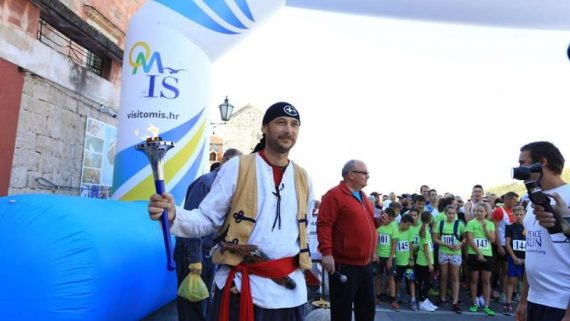
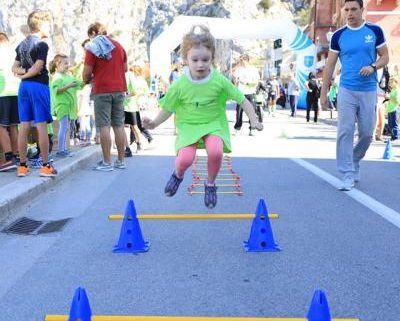

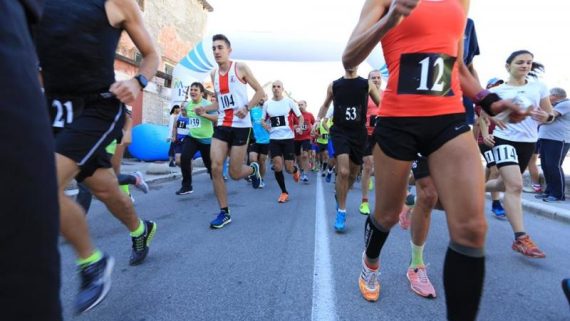
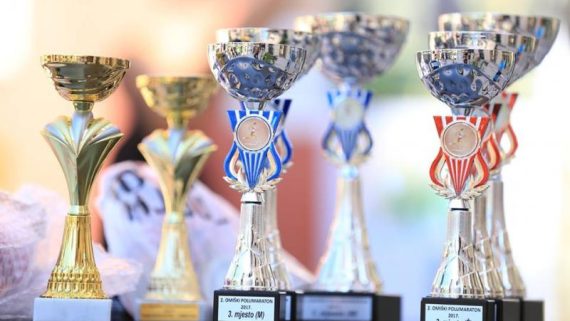
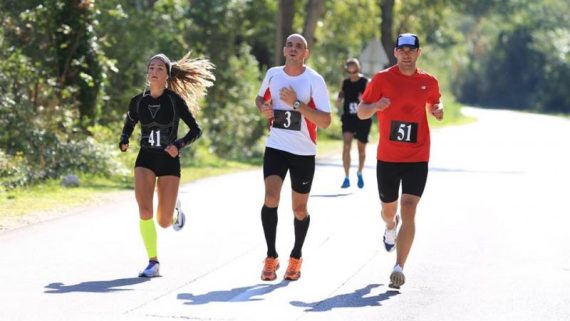

Omiš halfmarathon





